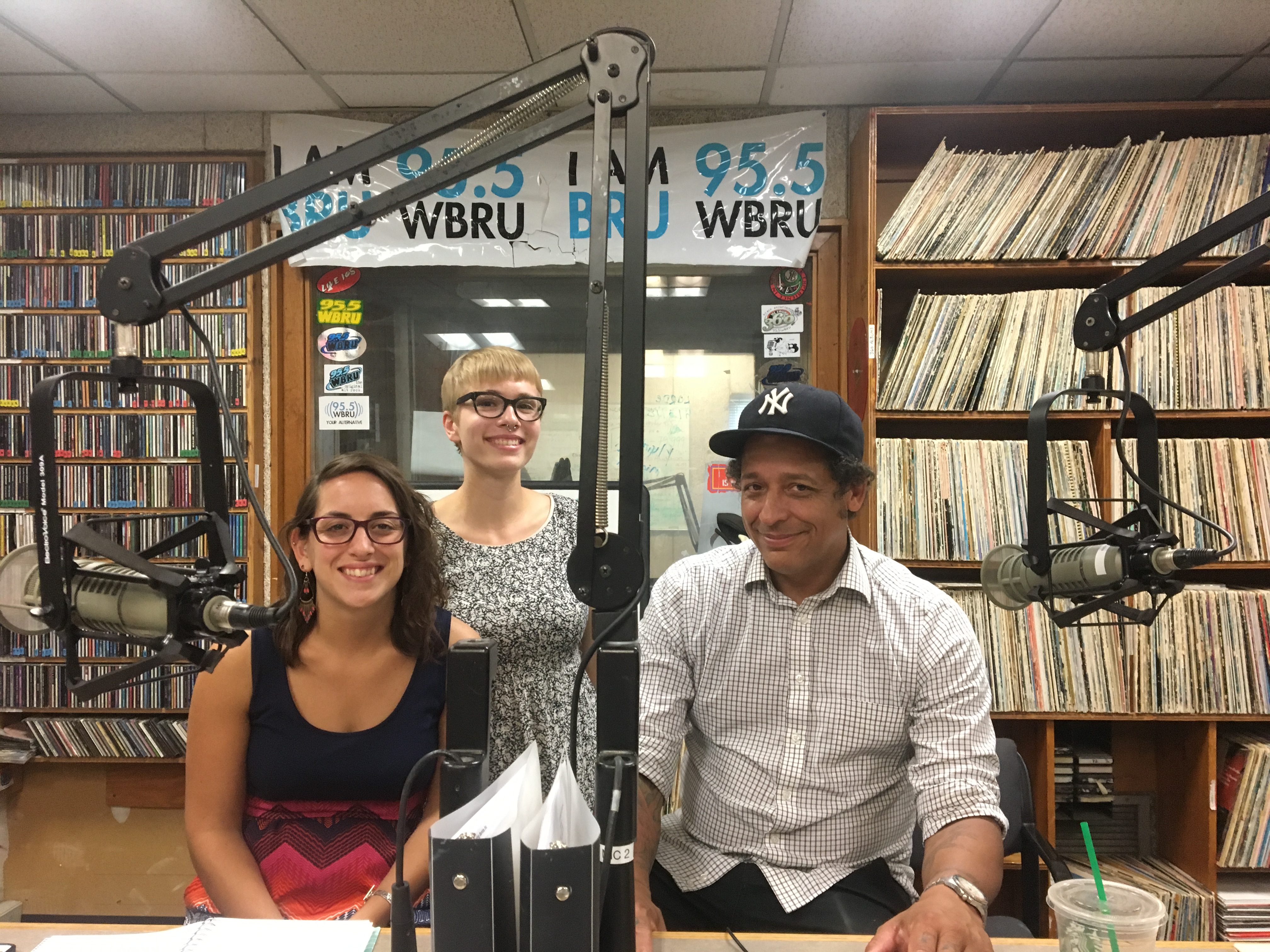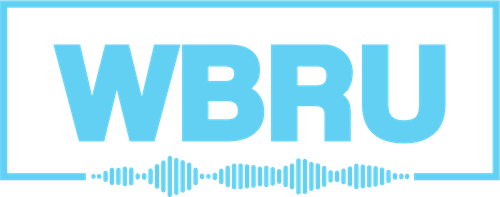RI community organizers discuss Charlottesville
After the white supremacist rally in Charlottesville, WBRU News’ Emily Wooldridge talked with local community organizers about free speech, and what Charlottesville means for anti-racist organizing in Rhode Island. The panelists are Lindsay Paiva, Marco McWilliams, and Mike Araujo. Lindsay is a 4th grade teacher...

Lindsay, Emily, and Mike in the studio.

